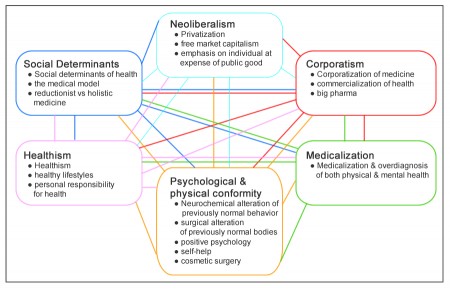Patient Satisfaction & Patient-Centered Care: Necessary but Not Equal bit.ly/MN7Yan JAMA Highly satisfied patients had worse outcomes
— Jan Henderson (@HealthCulture) July 26, 2012
Why would patients who report greater satisfaction with their health care be worse off medically? This JAMA article, Patient Satisfaction & Patient-Centered Care: Necessary but Not Equal, offers an explanation that makes sense. It points to the commercialization of health care – treating the patient as a consumer – as the villain. (All quotations in what follows are from this article.)
The patient (consumer) satisfaction survey
In the US, many doctors are evaluated and rewarded based on patient satisfaction surveys. Motivated to produce high patient satisfaction scores, doctors are inclined to order more diagnostic tests. Why? It’s more than a simple desire to please the patient.
When physicians’ performance evaluations and incomes are tied to patient satisfaction, the situation becomes ripe for overuse and misuse of diagnostic and therapeutic procedures because it allows the physician to rationalize decision making in terms of patient satisfaction.
Pleasing a patient is a conscious, individualized choice. Rationalized decision making can easily become an automatic habit that requires no additional thought. Read more





